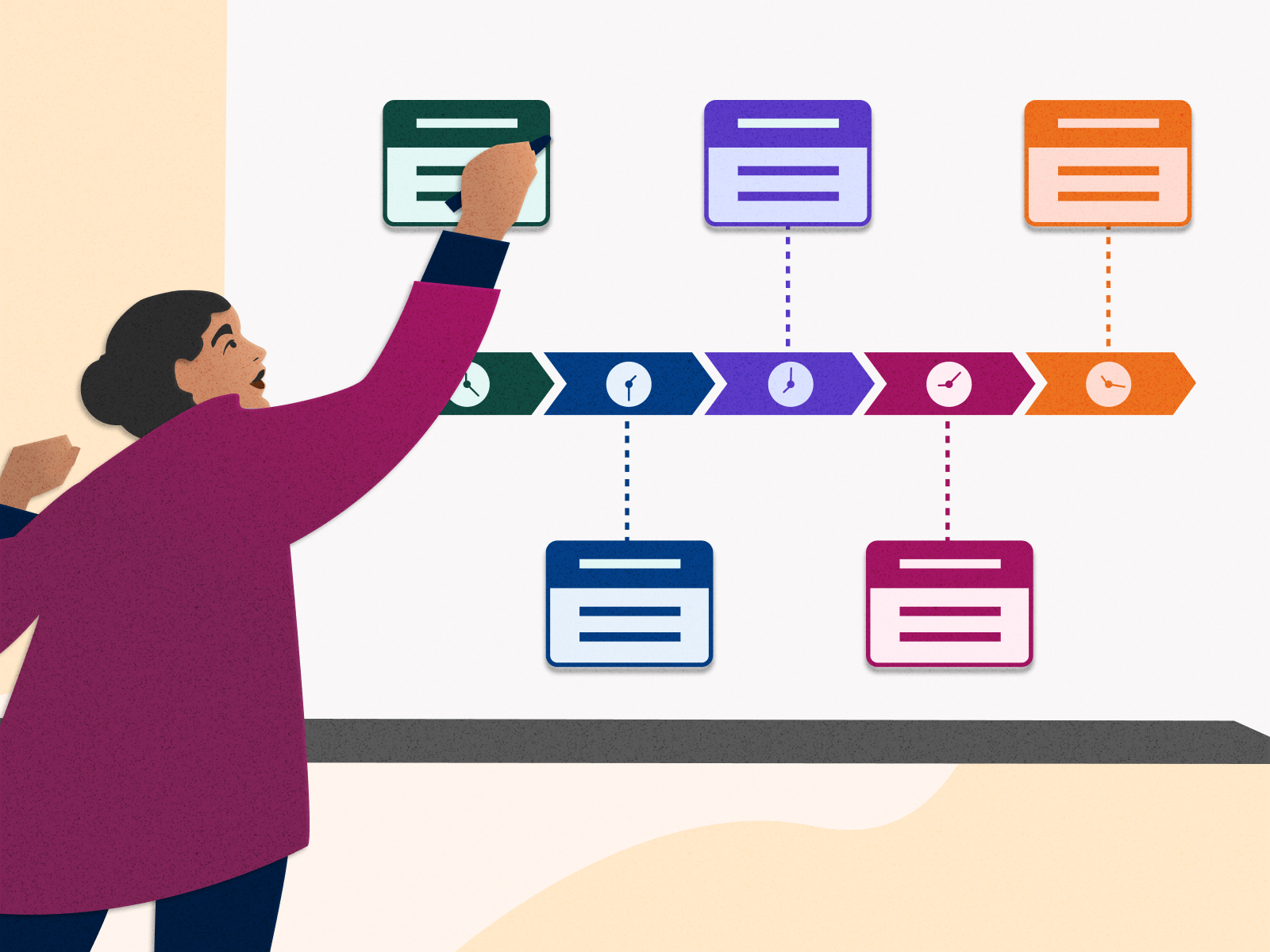Tired of feeling stuck in a musical rut, strumming the same old chords on your guitar day in and day out? Are you starting to believe that your trusty six-string is conspiring with the universe to keep you forever stuck at the grade-school level of guitar playing? Fear not, fellow fretboard warrior, for there is hope! In this article, we will explore some proven techniques to help you break through those pesky plateaus and unlock your full shredding potential. So grab your pick, tune up, and get ready to rock your way to guitar mastery!
Contents
- 1 Understanding the Nature of Learning Plateaus in Guitar Practice
- 2 Identifying Common Causes Behind Progress Stagnation
- 3 Developing a Personalized Practice Routine for Continuous Improvement
- 4 Incorporating Advanced Techniques to Challenge Muscle Memory
- 5 The Role of Music Theory in Enhancing Guitar Mastery
- 6 Seeking Constructive Feedback and Mentorship for Skilled Advancement
- 7 Leveraging Technology and Recording for Self-Evaluation and Growth
- 8 FAQs
- 9 Don’t Let Your Guitar Skills Flatline!
Understanding the Nature of Learning Plateaus in Guitar Practice
Have you ever felt like you were stuck in a never-ending cycle of practicing the same guitar skills without making any progress? Congratulations, my friend, you have encountered the infamous learning plateau!
Learning plateaus are like the Bermuda Triangle of guitar practice – you enter with high hopes and enthusiasm, only to find yourself lost in a sea of repetitive scales and boring chord progressions. But fear not, for there is a way out of this musical limbo!
Here are a few reasons why learning plateaus happen and how you can break free:
- Monotonous Practice: Are you spending hours playing the same songs and exercises over and over again? Mix things up by adding new challenges, learning a different genre, or trying out a new technique.
- Lack of Focus: If your mind keeps wandering during practice, chances are you’re not fully engaged. Set clear goals for each practice session and stay focused on achieving them.
Remember, learning plateaus are just temporary roadblocks on your musical journey. With a bit of creativity, patience, and perseverance, you can smash through them and reach new heights of guitar greatness!

Identifying Common Causes Behind Progress Stagnation
Have you ever felt like you’re stuck in a never-ending cycle of stagnation? You’re not alone! is the first step towards breaking free from this frustrating rut. Let’s take a closer look at some possible culprits:
- **Fear of Failure**: Ah, the dreaded fear of failure. It’s like a dark cloud hanging over our heads, preventing us from taking risks and stepping out of our comfort zone. But hey, failure is just a stepping stone to success – embrace it!
- **Lack of Motivation**: It’s easy to fall into the trap of laziness and procrastination, especially when Netflix and snacks are calling your name. Remember, motivation is like a muscle – you need to exercise it regularly to keep it strong.
- **Overwhelm**: Feeling overwhelmed by the sheer number of tasks on your to-do list can be paralyzing. Break down your goals into smaller, more manageable chunks and tackle them one at a time.
- **Comparison Trap**: Ah, the good ol’ comparison trap. We often get caught up in comparing ourselves to others, which can lead to feelings of inadequacy and self-doubt. Remember, everyone’s journey is unique – focus on your own progress.
By recognizing and addressing these common causes behind progress stagnation, you’ll be well on your way to breaking free from the shackles of inertia. So go forth, embrace your fears, kick laziness to the curb, and remember – progress is a journey, not a destination!

Developing a Personalized Practice Routine for Continuous Improvement
So, you’re looking to take your skills to the next level, huh? Well, buckle up because we’re about to embark on a journey of continuous improvement! Developing a personalized practice routine is essential for anyone wanting to reach their full potential. Here are a few tips to help you create a routine that works for you:
- Set clear goals: Before you start practicing, define what you want to achieve. Whether it’s mastering a new technique or improving your overall performance, having specific goals in mind will keep you focused and motivated.
- Break it down: Don’t try to tackle everything at once. Break down your goals into smaller, manageable tasks. This will make it easier to track your progress and prevent you from feeling overwhelmed.
- Experiment with different approaches: Everyone learns differently, so don’t be afraid to try out different practice techniques. Whether it’s practicing in short bursts or dedicating a specific time each day, find what works best for you.
Remember, continuous improvement is a journey, not a destination. Be patient with yourself and enjoy the process. With dedication, hard work, and a sprinkle of humor, you’ll be well on your way to becoming the best version of yourself!

Incorporating Advanced Techniques to Challenge Muscle Memory
Are you tired of feeling like your muscles are stuck in a rut, going through the same motions day after day? It’s time to shake things up and challenge your muscle memory with some advanced techniques that will leave your body guessing what’s next!
One way to keep your muscles on their toes is by incorporating plyometric exercises into your routine. Jump squats, box jumps, and burpees are all great options for getting your heart rate up and pushing your muscles to work in new ways. Plus, they’ll have you feeling like a ninja warrior in no time!
Another fun way to challenge your muscle memory is by incorporating balance exercises like single-leg deadlifts and stability ball crunches. Not only will you improve your overall stability and coordination, but you’ll also give your muscles a run for their money as they try to adjust to the new movements.
Don’t forget about adding in some resistance training with tools like resistance bands or kettlebells. These tools can target specific muscle groups in unique ways, helping to break through plateaus and keep your body guessing. Plus, they’re a great way to feel like a badass superhero while you’re working up a sweat!

The Role of Music Theory in Enhancing Guitar Mastery
So you’ve mastered a few chords on the guitar and you’re ready to take your skills to the next level. Enter music theory, the secret sauce to enhancing your guitar mastery. It may sound intimidating, but fear not – learning music theory can actually be a fun and enlightening experience.
By delving into music theory, you’ll gain a deeper understanding of how music works, helping you to unlock the full potential of your guitar playing. Here’s how music theory can take your skills from strumming along to shredding like a pro:
- Understanding Scales: Knowing your scales is crucial for improvisation and creating melodies that will make your audience go wild.
- Chord Progressions: Learn how different chords work together and you’ll be able to write catchy songs that stick in people’s heads.
- Rhythmic Knowledge: Get your timing down pat with a solid grasp of rhythm, because nothing kills a groove faster than a musician who can’t keep the beat.
So next time you pick up your guitar, remember that music theory is your trusty sidekick on the journey to becoming a guitar maestro. Embrace the theory, and watch your skills soar to new heights!
Seeking Constructive Feedback and Mentorship for Skilled Advancement
Are you tired of navigating the treacherous waters of career advancement solo? Do you yearn for someone to guide you through the murky depths of skill development? Look no further! I am on a quest to seek out feedback and mentorship that will propel me to new heights of professional excellence.
Picture this: a dynamic duo, a mentor and mentee, forging a path through the wilderness of feedback, armed with wisdom and constructive criticism. Together, we will conquer the challenges and obstacles that stand in the way of success.
With your guidance, I will sharpen my skills like a sword forged in the fires of Mt. Feedback, honed to perfection by the wise hands of mentorship. Together, we will vanquish mediocrity and soar to greatness on the wings of constructive advice.
- Ready to provide valuable insights and guidance
- Passionate about continuous learning and growth
- Open to constructive criticism and feedback
So, if you are a seasoned professional with a heart of gold and a mind full of knowledge, I implore you to join me on this thrilling adventure. Together, we will unlock the secrets of skill advancement and achieve greatness beyond our wildest dreams!
Leveraging Technology and Recording for Self-Evaluation and Growth
When it comes to self-evaluation and growth, technology can be your best friend. With the plethora of apps and gadgets available, there’s no excuse for not taking advantage of these tools to help you become the best version of yourself.
One way to leverage technology for self-evaluation is by using apps to track your habits and progress. Whether it’s monitoring your fitness goals, keeping tabs on your spending, or even logging your reading habits, these apps can give you valuable insights into where you’re excelling and where you could use some improvement.
Recording yourself is another powerful tool for growth. Whether you’re doing a video diary, recording your thoughts on a podcast, or simply talking to yourself in the mirror, listening back to your recordings can help you identify patterns in your behavior and thought processes that you may not have been aware of before.
So go ahead, embrace the tech-savvy side of self-improvement. Don’t be afraid to get a little nerdy with your self-evaluation process – who knows, you might just discover a whole new side of yourself that you never knew existed!
FAQs
How can I overcome a plateau in my guitar playing?
Plateaus are like traffic jams in the music highway. You need to switch up your route – try learning a new genre, technique, or even just playing with different people to jumpstart your progress.
Is it important to set specific goals when trying to improve on the guitar?
Absolutely! Having vague goals is like trying to find a unicorn in a fog – you won’t know where you’re going. Set specific, achievable goals like mastering a certain song or technique to keep yourself motivated.
What role does consistency play in overcoming plateaus in guitar playing?
Consistency is the key to success, just like how tuning your guitar is the key to sounding good. Practice regularly, even if it’s just for a short amount of time each day, to keep making progress.
How can I stay motivated when I feel like I’m not improving?
Think of guitar playing like a video game – each level gets harder, but the satisfaction of beating a tough boss is oh-so-sweet. Celebrate small victories, track your progress, and remember why you started playing guitar in the first place.
Don’t Let Your Guitar Skills Flatline!
Congratulations, you’ve now armed yourself with the knowledge and techniques to conquer those pesky plateaus in your guitar playing journey. Remember, consistency and persistence are key, so keep practicing, experimenting, and pushing yourself to new heights. The next time you feel stuck in a rut, just remember these words of wisdom: when in doubt, play it out! Now go forth and rock on, my fellow guitar aficionados. The stage is yours to conquer!



